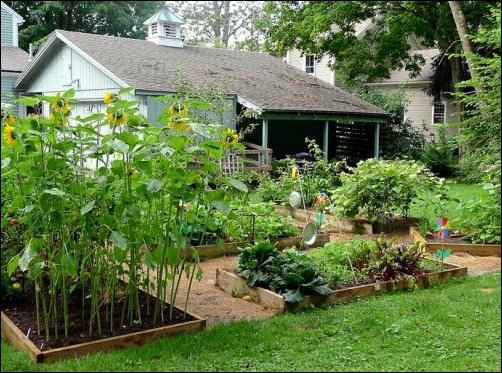What's a Homestead?


A homestead is a piece of land that is used for agricultural purposes or as a residential property. Historically, homesteading was a government policy that encouraged people to settle in rural areas and cultivate land. In exchange for living on and improving the land, homesteaders were granted ownership of the property.
The concept of homesteading has been around for centuries, and it has evolved over time. In the United States, the Homestead Act of 1862 allowed settlers to claim up to 160 acres of land in the western states. The goal of the act was to encourage westward expansion and provide land ownership opportunities for people who might not otherwise have access to them.
Homesteading can be a rewarding lifestyle, but it also requires a lot of hard work and dedication. Homesteaders typically live off the land, growing their own food and raising livestock. They may also use renewable energy sources such as solar or wind power to reduce their reliance on the grid.
In addition to the agricultural aspects of homesteading, many homesteaders also prioritize self-sufficiency and sustainability. They may practice skills such as carpentry, sewing, and food preservation to reduce their dependence on outside resources.
While homesteading has become less common in modern times, there are still many people who choose to live this lifestyle. Some homesteaders may be motivated by a desire for independence and self-sufficiency, while others may be concerned about the impact of modern society on the environment and want to live a more sustainable lifestyle.
Overall, homesteading is a unique way of life that requires dedication, hard work, and a commitment to sustainability. Whether you are interested in homesteading for practical or philosophical reasons, it can be a fulfilling and rewarding experience.
